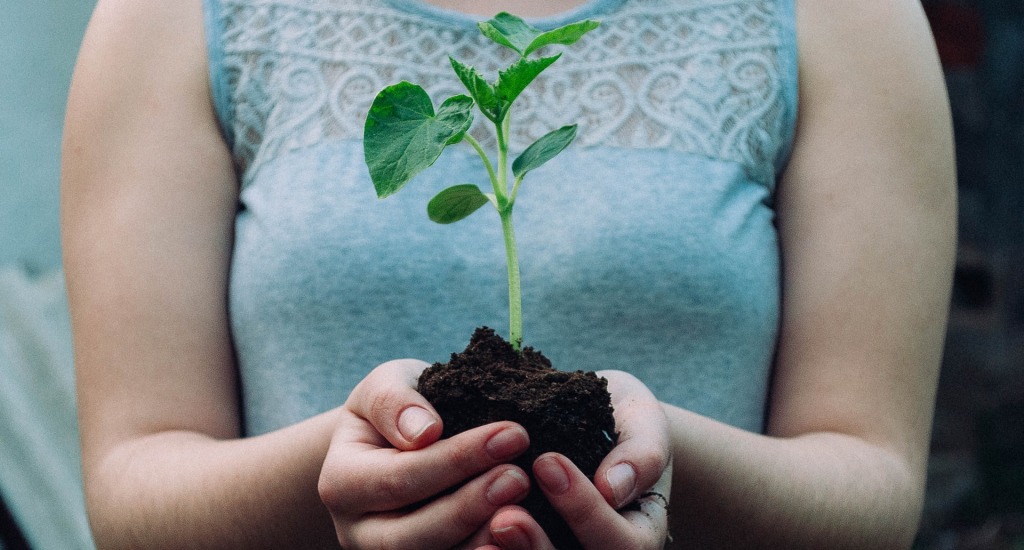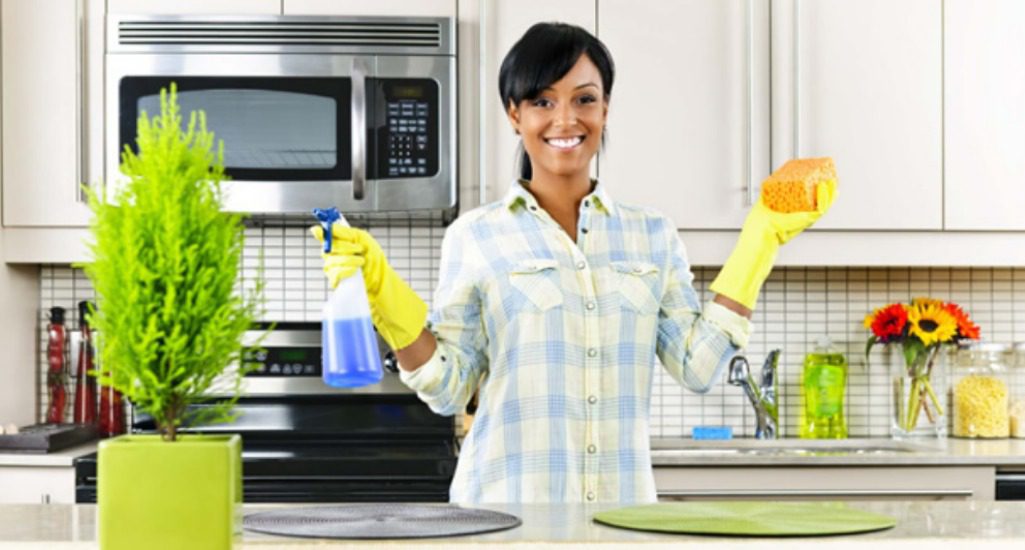Recent interior and exterior design trends have all been moving in the direction of green, natural, eco-friendly, and sustainable. Some plausible ways can transform your home into a green haven without impeding the aesthetical appeal, functionality, and practicality of the living space. Being more eco-conscious will help preserve the environment and decrease our carbon footprint, which is crucial at this point.
Moreover, being more eco-friendly can also save you money in the long run. So, there are no reasons against making your home greener. Now you’re probably wondering what exactly is it that you can do? You’ve probably heard of some green solutions when it comes to home design and improvement. For starters, one of the first things you can do is mind the water consumption. You can do that in a few ways. Firstly, you can install water-efficient appliances, low-flow showerheads as well as low-flow toilets. These are small things that can save plenty of water which is usually recklessly wasted.
As far as the outdoors are concerned, you can plant your garden, make compost with food leftovers, and use repurposed furniture or eco-friendly materials when it comes to some essentials. The same as water, there are some things you can do to save electricity as well. For instance, you can replace your old appliances with their energy-efficient alternatives, switch to LED lights and rethink your heating and cooling system.
Moreover, you can try to use only natural materials when it comes to renovation and remodeling projects and switch to toxic-free sustainable materials. Take a look at some practical home improvement projects to make your home more eco-friendly.
1. Mind water consumption
Be mindful of how you use water
Every household spends a vast amount of water on simple daily activities such as brushing teeth, washing hands and face, showering, doing the dishes, mopping the floor, and flushing the toilet. We should get serious when it comes to saving water and take a holistic approach. For instance, when you notice water leaks, make sure to deal with them instantly in order not to waste precious water. Next, when you brush your teeth or shave, make sure that you turn off the water when you’re not using it. It seems like a small, irrelevant thing, but in fact, it is quite helpful when it comes to water preservation.
Install low-flow showerheads
For starters, showering does use a significantly less amount of water than taking a bath. However, there are some ways we can save water, even when showering. These days you can buy a low-flow or aerated showerhead, which is more economical with water. If you spend 30 minutes under running water, then you’re not saving much water after all. Try to limit your time in the shower, besides switching to showerheads that regulate water flow. Around 10 minutes is optimal for showering and washing hair.
Install low-flow toilets
When it comes to the biggest water spenders in a typical household, toilets would take the first place. They are accounted for 30% of overall water consumption indoors. Older toilets use approximately 6 gallons of water per flush, whereas newer ones use up to 1 gallon or even less, which is a significant improvement. You can easily reduce water consumption in your household and hence, your water bill by investing in the new water-saving toilet.
2. Use your outdoors

Plant a garden
Planting your garden can be a smart and green move, too. There are many advantages of having your garden. First of all, your yard will always look fresh, green, and luscious, inviting you to spend your time outdoors, enjoying the warm breeze, soft wind, birds chirping and nice scents coming from your garden. Next, by growing your produce you grow as a person and a gardener. Plus, you decide which chemicals to use to protect the produce from disease, and in this way, you can always opt for organic. That is a sure way to provide healthy fruits and vegetables for your family. These days, there are plenty of smart farming solutions which make it super easy to grow your own garden, even if you don’t have much experience in this field.
Make compost
If you have a yard or garden, you can also make green use of it by making your compost. It is a good way to use kitchen scraps and food leftovers. It’s surprising how much food we could recycle instead of throwing it recklessly away. All you need to do is place a compost bin in your garden and fill it with food scraps from your household. Over time it will turn into compost you can use as fertilizer in your garden.
Use repurposed furniture or eco-friendly materials
Besides a garden with fruits, vegetables, all kinds of flowers and plants, we usually have an area where we can relax and chill out. You can be eco-friendly in this aspect, too. When it comes to furniture for this area, think about repurposing some old furniture. You can restore it, repaint it and make it practical. That can be a fun DIY project. You can also search for some used furniture pieces in thrift stores or use eco-friendly materials to build some furniture.
3. Save energy
Replace your appliances with their energy-efficient alternatives
If you have some old appliances around your home that you have been using for some time, the chances are that these older models are using more energy than they should. So, to transform your home into a greener one and to save money on the electric bill, you should consider replacing these with new, energy-efficient models. They can save a considerable amount of energy.
Switch to LED lights
When it comes to lighting your home, an eco-friendly solution suggests switching all lights around your home to energy-saving LED lights that burn cooler and give a brighter light. Another thing you should consider is the outdoor light. Old light fixtures tend to use a lot of energy, so what you can do is replace these with some energy-efficient light fixtures or solar-powered fixtures. It’s not that you shouldn’t use too much light indoors and outdoors – it’s about being smart about the choices. Also, remember to turn off the light whenever you leave a room.
Rethink heating and cooling systems
All the cooling and heating systems that we use in our homes can use a lot of energy unnecessarily. They can also emit dangerous greenhouse effects, so you should consider some green options. Consider installing energy-efficient cooling and heating system to lower your bills and save energy. There are such systems that help you regulate the temperature in your home, without harming Earth. When searching for such systems, you should pay attention to SEER rating – the higher SEER, the higher efficiency of the system.
4. Use natural materials for renovation and remodeling
Whatever home improvement projects you have in mind, always look for some green and natural alternatives. Choose materials such as wood and bamboo over plastic. Also, check for toxic chemical finishes and make sure that they aren’t present. Do your research and find out about other eco-friendly materials on the market and their common use.
5. Switch to toxic-free sustainable materials
When it comes to towels and linens and essentially any other fabrics around your home, you should always opt for natural and organic. That means materials made of hemp and bamboo, for instance. Even though they might cost more than synthetic products, they will last longer.
Although these are all small things we can do to contribute to preserving our precious planet, they do mean a lot for our environment.
Author – Alison Pearson is an interior design student. She is a writer and designer, and her ultimate passion is home and gardening. She is also a bibliophile and her favorite book is “The Sound and the Fury” by William Faulkner. Follow her on Twitter.


